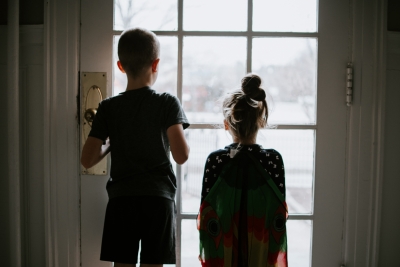London– The Covid induced lockdowns and more than two years of pandemic have affected people’s memory in recalling the timing of events that took place many years ago, with people losing track of time as in jails, according to a study.
The study led by a team from the University of Aberdeen in Scotland included 277 participants and asked them to state the year in which a number of events took place. The events’ occurrences ranged from 2017 to 2021.
The results, published in the journal PLOS ONE, showed more errors for distant events than those in 2020, but surprisingly there was a large error for estimating the timing of events that occurred in 2021 matching in the extent to those 3 to 4 years earlier.
This increased error in perception of event timeline correlated positively with reported levels of depression and anxiety as well as physical and mental demands during the pandemic, but negatively correlated with measures of resilience.
The accuracy of remembering the timing of events was worse for those people who had higher signs of anxiety, depression and stress, however, those who had higher resilience were less likely to make errors.
The findings are consistent with poor perception of the event timeline reported previously in prison inmates, said the researchers.
It is likely that an accurate perception of an event timeline relies on a collection of life events such as birthdays, holidays, travels, etc., anchoring our experiences in the time domain, which was largely absent during Covid restrictions, they said.
“Effectively, what the pandemic has done is to take away the ability to remember when events happened,” said Professor Arash Sahraie from the varsity’s School of Psychology.
“One explanation for the findings may be to do with how our psychological state alters the perception of the passing of time, such as the perceived “slowing down” of time when there is little to occupy the mind,” he said.
Sahraie interpreted the findings broadly in relation to a ‘timescape’. The pandemic related restrictions removed all the usual anchor points in time, such as birthday celebrations, funerals, holidays and get-togethers that allow us to place events in this timescape, he said.
“Without the anchor points, the events merge together,” he contended.
“While we are starting to understand the impact the pandemic has had on the economy, our physical health and our mental health – there is still much to understand about how the enforced lockdowns, stress and isolation may continue to affect us in different ways in the future.” (IANS)














